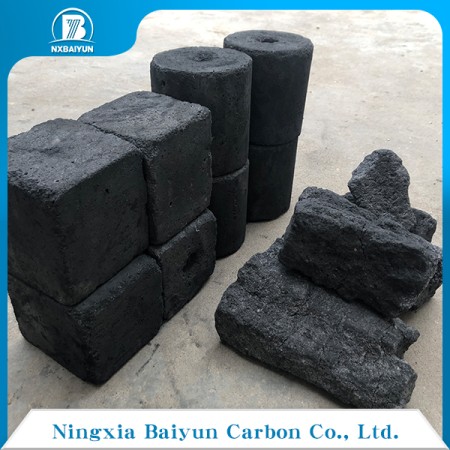
Bituminous coal in the isolated air conditions, heated to 950-1050 ℃, after drying, pyrolysis, melting, bonding, curing, contraction and other stages of the final production of coke, the process called high temperature coking (high temperature dry distillation). Coke obtained from high temperature coking is used for blast furnace smelting, casting and gasification. Coke produced in the process of recovery, purification of coke oven gas is both high calorific value of fuel, but also an important organic synthesis of industrial raw materials.
Introduction of the coke:
Bituminous coal in the isolated air conditions, heated to 950-1050 ℃, after drying, pyrolysis, melting, bonding, curing, contraction and other stages of the final production of coke, the process called high temperature coking (high temperature dry distillation).
Coke obtained from high temperature coking is used for blast furnace smelting, casting and gasification. Coke produced in the process of recovery, purification of coke oven gas is both high calorific value of fuel, but also an important organic synthesis of industrial raw materials.
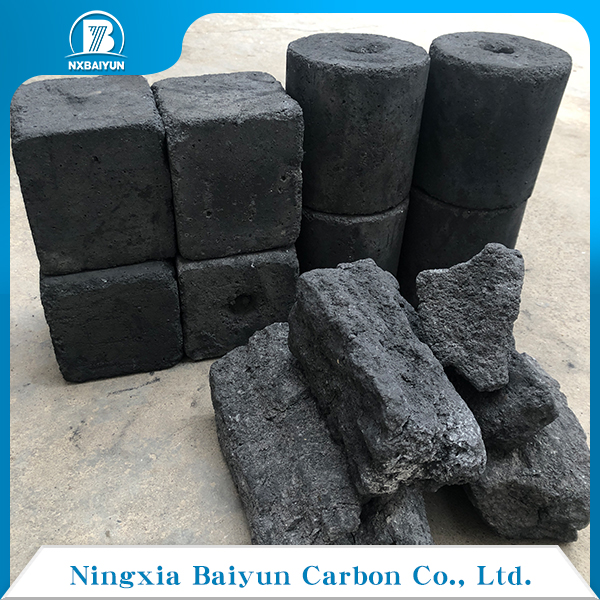
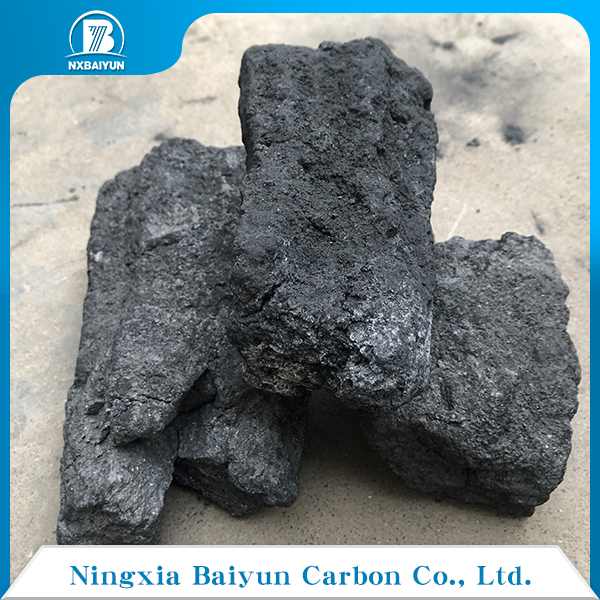
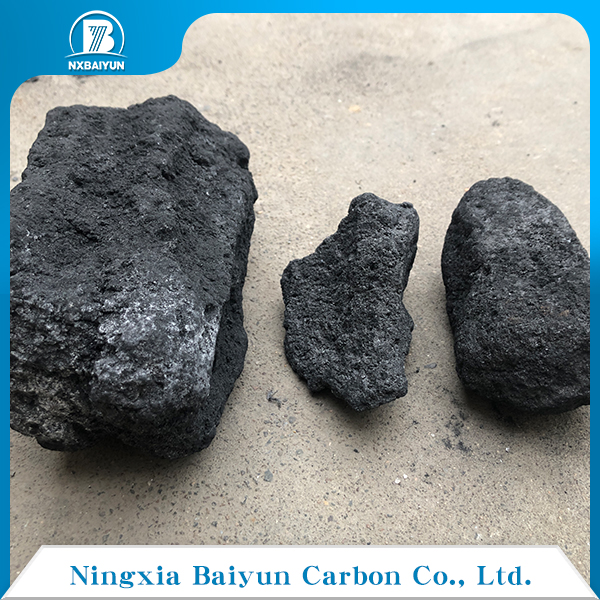
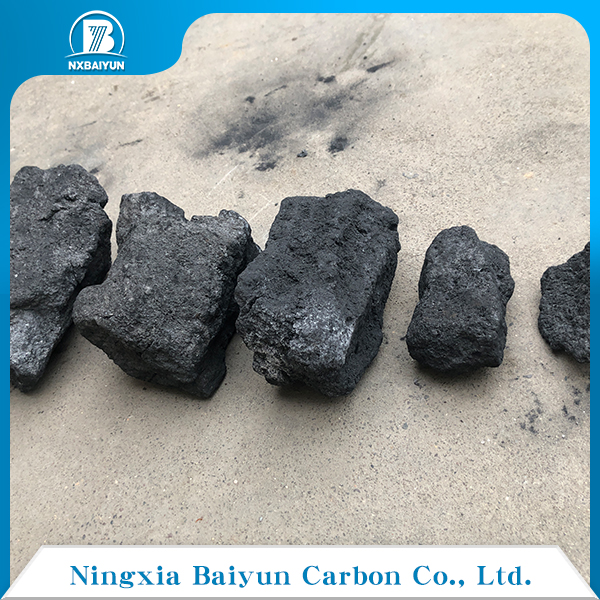
Application of the coke:
Coke is mainly used for blast furnace ironmaking and for the copper, lead, zinc, titanium, antimony, mercury and other non-ferrous metal blast furnace smelting, from the reducing agent, heaters and column skeleton role. Ironmaking blast furnace using coke instead of charcoal, laid the foundation for the modernization of modern blast furnace, metallurgical history is a major milestone. In order to achieve good technical and economic indicators for blast furnace operation, smelting coke (metallurgical coke) must have appropriate chemical and physical properties, including the thermal properties in the smelting process. Coke in addition to a large number of iron and non-ferrous metal smelting (metallurgical coke), but also for casting, chemical, calcium carbide and ferroalloy, its quality requirements are different. Such as casting with coke, generally require large particle size, low porosity, fixed carbon and low sulfur content; chemical gasification with coke, the intensity is not strict, but requires good reactivity, ash melting point higher; calcium carbide production requirements Try to increase the fixed carbon content.
|
Fixed carbon |
80-86% |
|
S |
0.75% |
|
Ash |
<12% |
|
Moisture |
<8% |
|
V.M. |
1.5% |
|
Size: 10-30mm, 20-50mm,30-80mm,80-150mm |
|
Melt the charge and superheat the molten iron, and support the material column to ensure good air permeability.
Compared with blast furnace coke, cast coke has the characteristics of large lumps, fewer cracks and high density in appearance. The cast coke loaded into the iron furnace is divided into two parts: bottom coke and layer coke.
The purpose of the bottom coke is to generate heat by combustion, melting the metal and superheating the molten iron as it passes through it. Since this part of coke is at the bottom of the iron furnace, it has to withstand the static pressure of the entire material column and the impact of the large iron material when feeding, so it should have a certain crushing strength.
The layer coke is added into the furnace from the upper part and the metal material layer by layer to supplement the consumption of bottom coke. The amount of each layer added is the amount of bottom coke consumed by melting a layer of iron material.
|
Fixed carbon |
88% |
86% |
|
S |
0.5-0.55% |
0.55-0.6% |
|
Ash |
<10% |
<12% |
|
Moisture |
<5% |
<5% |
|
V.M. |
1.5% |
1.5% |
|
Size: 60-90mm,80-130mm,130-200mm,200+mm |
||
Coke filter because of its high mechanical strength, multi-porosity, good adsorption performance, sewage interception ability, coke filter to remove suspended solids in water, water purification, has a very good effect. Coke filter is widely used in chemical, steel, oil, printing and dyeing and other industrial water treatment coke filter.